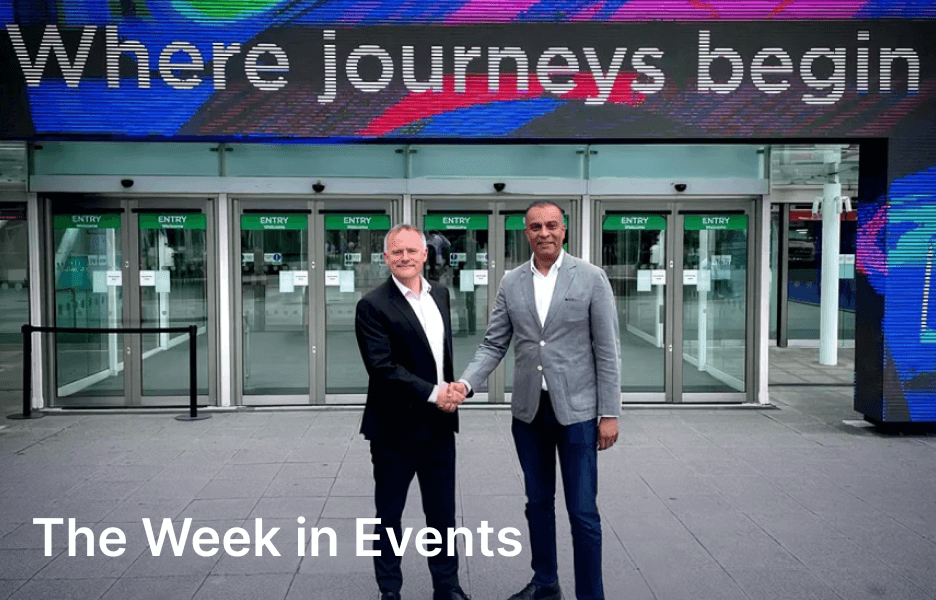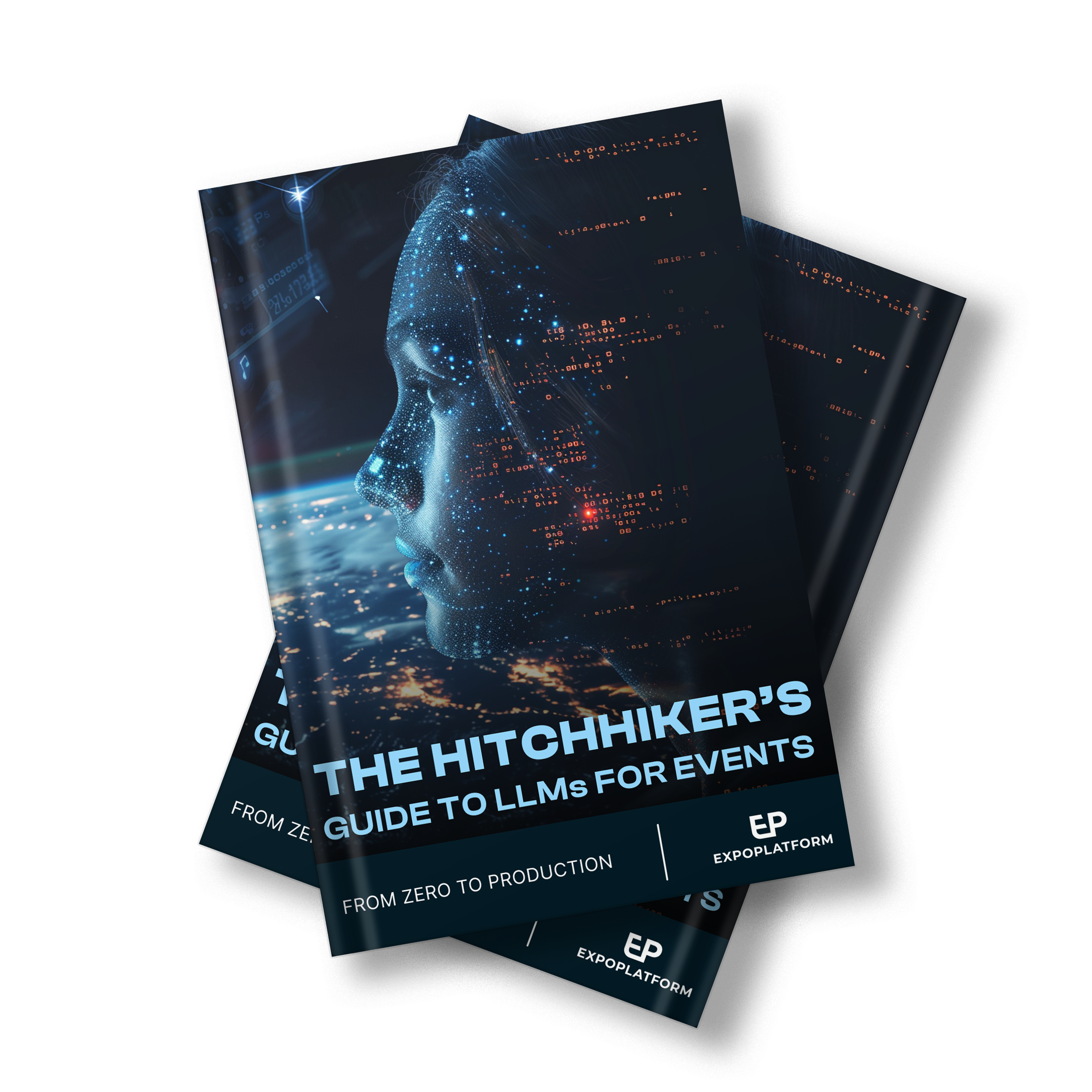
Exhibition models ‘must adapt or risk irrelevance’
Exhibition models must “fundamentally” adapt to a changing environment and broader audience or else risk becoming “irrelevant”, according to an expert panel.
Three event industry leaders took part in the latest ETT-Club session focusing on what needs to change in trade show strategy moving forward.
Topics included discussions about event technology, the need to attract wider audiences and struggles with recruiting a new generation of professionals with a digital skillset.
Jake Austin, strategy consultant at Austin Media Consulting, highlighted how the demographics of exhibition participants are changing – and planners who fail to adapt risk being left behind .
He said: “The view of the Millennial is different in how they want to work and Covid-19 has had an accelerating impact on a number of the trends that existed pre-Covid.
“The model fundamentally needs to take into account the changing environment to kind of cater to a broader audience. If we don’t do that, then there’s a risk of our core products becoming irrelevant.”

More than half of the global workforce will be Gen Z or Millennials by 2025 before rising to around three-quarters by 2030, according to ExpoPlatform analysis of UN population projections. These age groups have an affinity for technology which has already reshaped the retail industry.
Product information, reviews and price comparisons are at their fingertips through smartphones or tablets which has seen them turning to brands that offer the most convenience at the lowest cost.
Personalisation and a seamless buying experience is now customary in all of our private lives – the same is expected in the professional arena.
365 Communities and Smart Event technology
Gaurav Juneja, director at MEX Exhibitions, told how exhibitors now demand year-round engagement with their audience as well as Smart Event technology to improve the performance of in-person shows.
He said: “Now we have to give a client a 360-degree solution. It’s not only selling a standard three-day or four-day exhibition, we have to give them all year round activity.
“We have to adopt new technologies, we have to focus on customer behaviour. We’ve seen in the shows that we’ve done in last six months that operationally a lot of things have changed.
“We’re getting more authentic and correct data of visitors now and we can use that data in terms of the AI and business matching. With these things we can easily come up with new strategies to compliment our exhibitors.
“I have seen a lot of shows where visitor footfall was very good and we have seen more serious and genuine buyers.”
A Smart Event is an in-person event that uses digital technology to increase the value of the experience for all participants, with previous research from ETT Club and ExpoPlatform revealing round 40% of exhibitions will be held in this format in 2022.
Findings from a survey of the organisation’s members show 65% rate 365 community engagement as being in their top two tiers of importance, with the vast majority saying this would be down to news and editorial content.
Challenges with recruitment
Paul Woodward, chairman of Paul Woodward Advisory, told how chief organisers are “terrified” of having to take on the challenges associated with this digital transformation.
This was down to how most industry professionals have a background in traditional sales stands, while it has also proved difficult to recruit talent with this technical knowledge.
He said: “Getting the right people with the right skillsets is absolutely critical – and probably the biggest challenge that every CEO in the industry I talked to is telling me about.”
However, he added that the level to which a change from the traditional model would need to be would depends on the type of exhibition taking place.
Smaller scaled shows would not have such a high demand for a rethink of strategy, but he did raise a question about what customers would be expecting having gone without the in-person experience for so long.
Hong Kong was used as an extreme example as the special administrative region has had to adapt to alternative options for more than two years.
Paul said: “We’re into a third year of events not having taken place, so all of those big consumer sourcing fairs that used to happen in Hong Kong they’re into a third year now.
“They must have been exploring and using alternative ways to develop new business and I wonder how well we understand the alternatives that our customers have been exploring.”
We hope you enjoyed reading this article and found it useful. At ExpoPlatform, we want to help you build better events and communities. Please get in touch and ask for a demo here. Thank you.
There's more you might like

New partnership cemented for UK Construction Week
A new events partnership will see a major stone industry show being held along with UK Construction Week. The Stone Show & Hard Surfaces will co-locate with UK Construction Week in May. The Concrete Show will also unite with the UK Concrete Show, further consolidating the industry offerings. Read more about it below. Here are ...

Informa delivers 10% growth over five months
Informa has struck double digital growth in the first five months of 2024, reporting a 10% rise in revenue as it focuses on niche markets, unique content and global expansion. The company also maintained its full-year adjusted operating profit to reach the higher end of the £950 million (m) to £970m range. Read more about it ...

Exhibitions give £10.9bn boost to UK economy
Exhibitions generated £10.9 billion in business for the UK in 2023 – £1.5bn higher than last year – underscoring their crucial role in driving economic growth. These stats were revealed in the Event Industry Alliance’s (EIA) latest Economic Impact Study of exhibitions. Read more about it below. Here are the top headlines for your weekly ...


